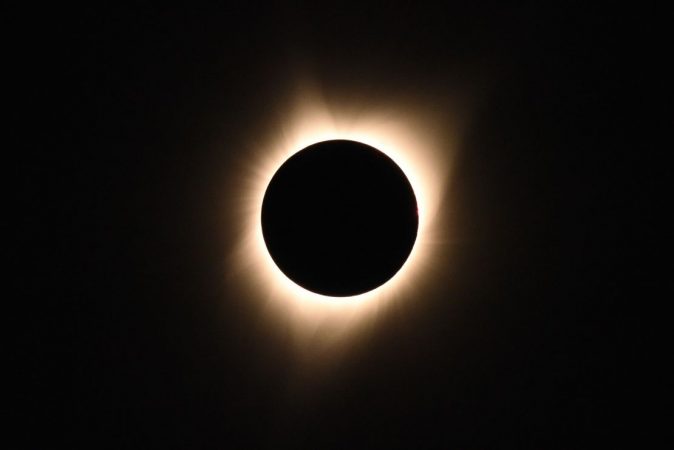Solar Eclipse is Coming on April 8th (repost)

From the district Communications Department
The solar eclipse on April 8th is not only a spectacular astronomical event but also an invaluable teaching moment for our students. However, safety remains our top priority. While witnessing this phenomenon, it’s crucial that students and staff take appropriate precautions to safeguard their eyesight. Certified safe solar eclipse viewing glasses are one way to safely watch the eclipse. Regular sunglasses are not sufficient protection for viewing a solar eclipse. We will share this message with our students and encourage all parents to also discuss the importance of eye safety with their children and to remind them to not look directly at the sun during the solar eclipse unless they have the proper eyewear.
Many classrooms throughout the district have arranged to have special protective glasses needed for observing the eclipse, weather permitting, and will be taking part in learning activities. If your child’s class is going to take part in viewing the eclipse, your child’s teacher will have shared that information along with a permission slip. If you did not receive any information directly from your child’s teacher, then your child will remain indoors during the eclipse.
What is a solar eclipse? It is when the moon moves between the sun and Earth, casting a long shadow on Earth. The eclipse will begin around 2:00 PM and reach its maximum for our area at around 3:14 PM. It will all be over by a little before 4:30 PM, making the whole process about 2.5 hours long. This means the solar eclipse will still be taking place after the end of the school day. That is why it is so important for parents to also remind their children about the dangers of looking at the eclipse without the proper eye protection.
The last time our area could view a solar eclipse was August 2017. During that event, this area experienced about 78% coverage. This solar eclipse will be a near-total eclipse, with the moon estimated to cover about 98% of the sun in the Dearborn area.
At Bryant Middle School, science teachers have created curriculum and activities that will take place with students inside during the school day. We do not plan to take students outside to view the eclipse due to a number of scheduling and limitations with student resources.
